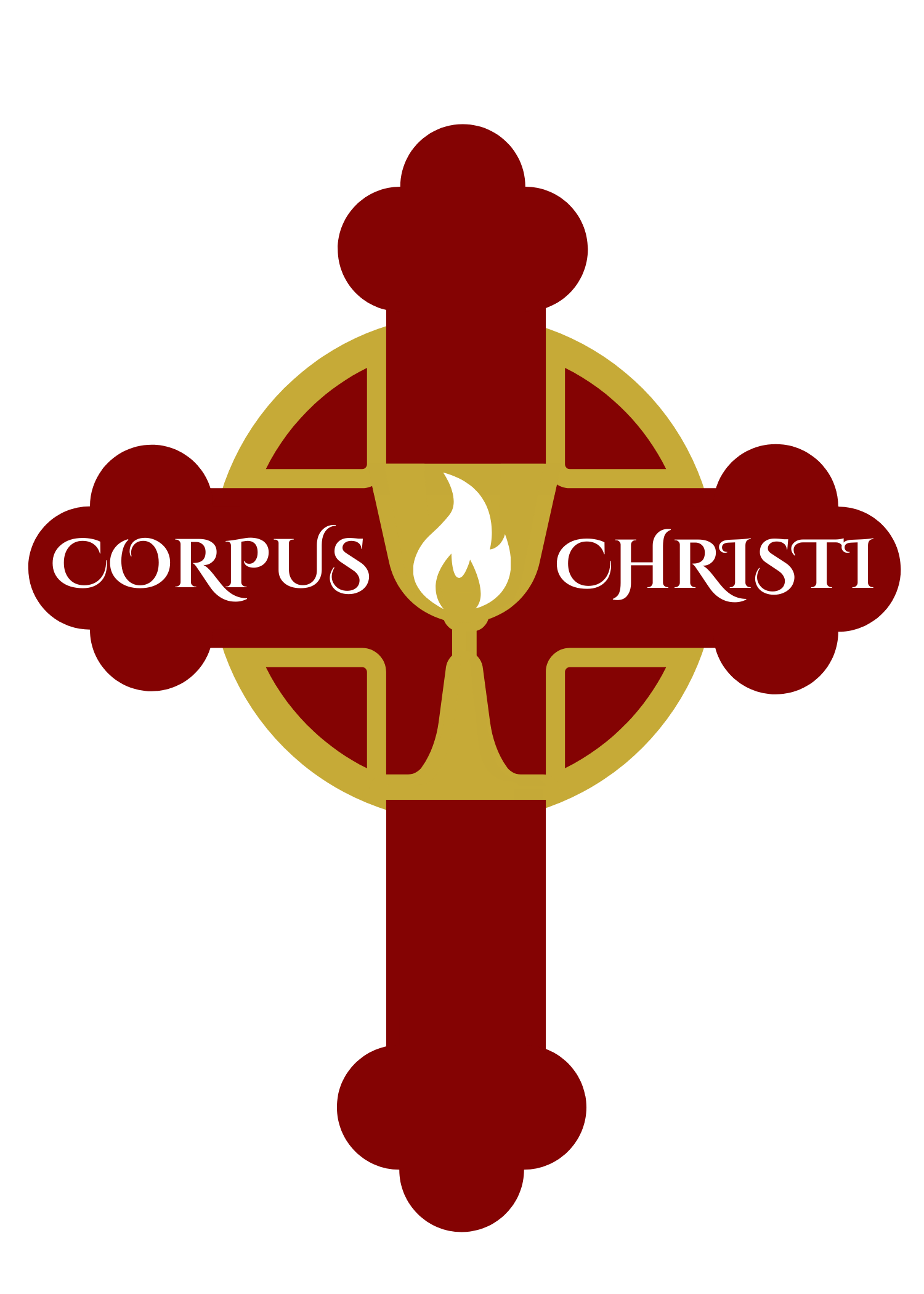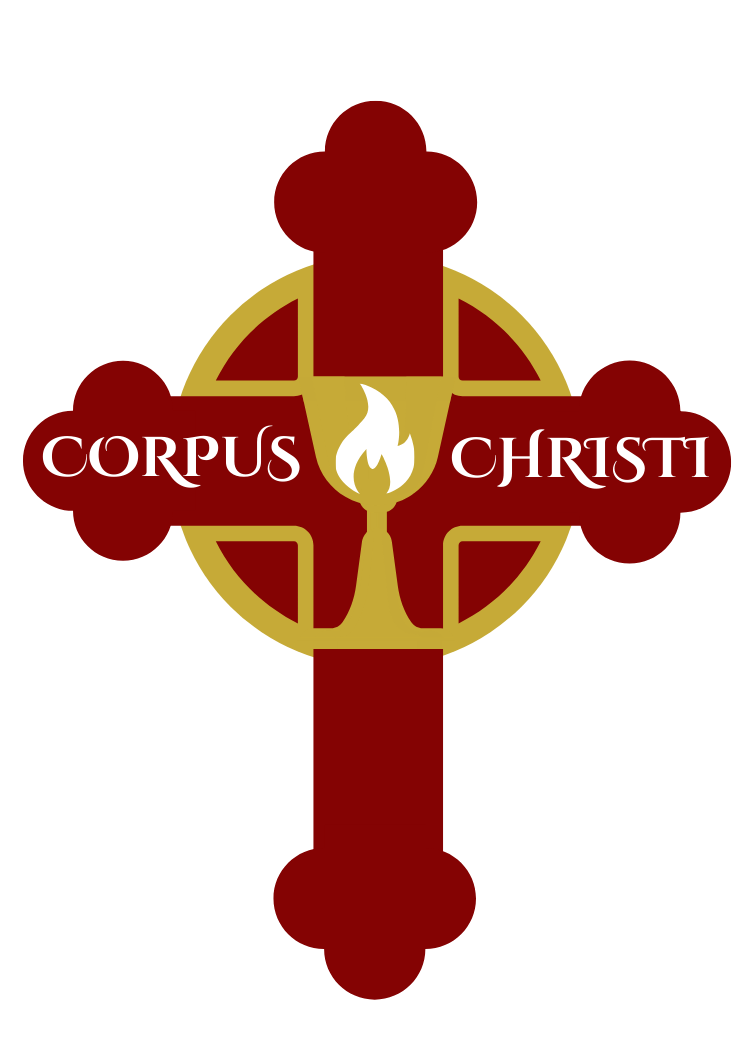
Anointing of the Sick
Is any among you sick? Let him call for the priests of the Church,
and let them pray over him, anointing him with oil in the name of the Lord;
and the prayer of faith will save the sick man, and the Lord will raise him up;
and if he has committed sins, he will be forgiven.
James 5:14-15
FAQs about the SAcrament
"'By the sacred anointing of the sick and the prayer of the priests the whole Church commends those who are ill to the suffering and glorified Lord, that he may raise them up and save them. And indeed she exhorts them to contribute to the good of the People of God by freely uniting themselves to the Passion and death of Christ.'"
From Catechism of the Catholic Church, Paragraph 1499
Who can receive the sacrament of Anointing?
Baptism into the Catholic faith is the ‘door to the other sacraments’ in the Church. In other words, in order to receive the sacrament of Anointing, one must already be a baptized Catholic. If you are not Catholic, a priest would be most happy to visit and pray with you nevertheless.
When should I receive Anointing of the Sick?
Most usually think of asking for this sacrament only when we are nearing death through sickness or old age. However, if this is the case, we would be missing out on the opportunity for God to heal and help us at times when we might need Him the most - when we are having surgery, dealing with a physical, mental, emotional, or even spiritual affliction. It is during these difficult times that we need the Holy Spirit's gifts of strength, faith, peace, and courage. It is during these times, as well, that we should seek to receive this God given sacrament.
The General Introduction of Pastoral Care of the Sick states:
What is the difference between Anointing of the Sick and ‘Last Rites?’
Anointing of the Sick is one of the seven sacraments of healing. One does not have to be actively dying to receive the sacrament of anointing, but merely in a serious medical condition (again, call the parish if you have questions).
When someone is actively dying, they call a priest to offer whatever sacraments the dying patient is able to physically receive (i.e. Anointing, Confession, and Holy Communion). This is typically what people mean when they say ‘Last Rites.’ Last Rites often happens in conjunction with or following after the administration of the Sacrament of Anointing of the Sick, for it centers around the reception of Viaticum (i.e. Communion given when death is near). Last Rites may also be accompanied by an apostolic blessing that gives a plenary indulgence to the dying person.
The Letter of James states that the sick are to be anointed in order to raise them up and save them. Great care and concern should be taken to see that those of the faithful whose health is seriously impaired by sickness or old age receive this sacrament.
The anointing of the sick is administered, by a bishop or priest, to bring spiritual and even physical strength during an illness. This sacrament, unlike some of our other sacraments, can be administered more than once, especially if a person has a chronic illness.
How can we decide if we should ask to be anointed? Some examples:
A sick person may be anointed before surgery, whether or not a serious illness is the reason for the surgery.
Elderly people may be anointed if they have become notably weakened even though no serious illness is present.
Sick children may be anointed if they have sufficient use of reason to be strengthened by this sacrament.

